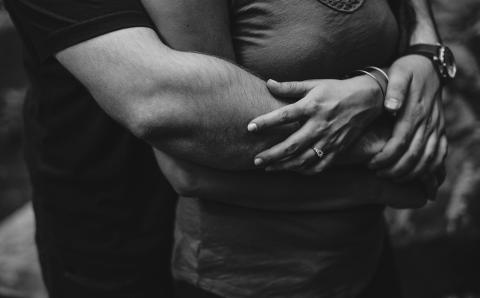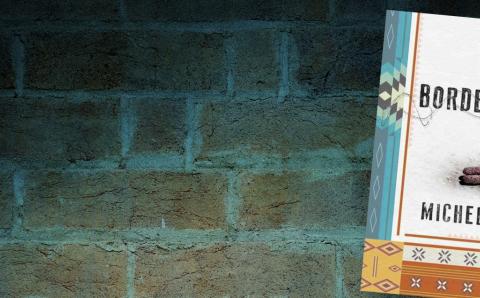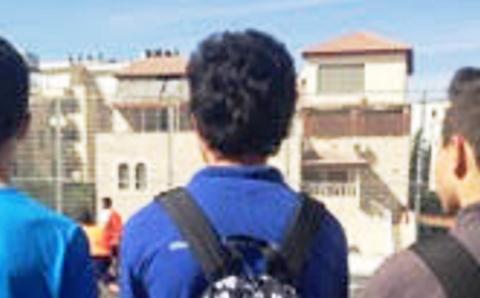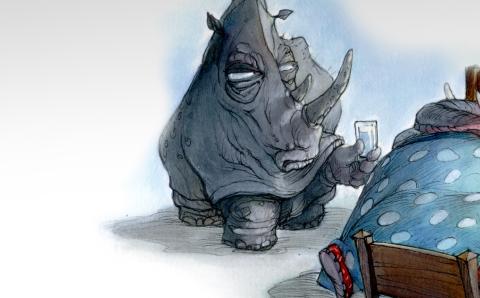As I Was Saying is a forum for a variety of perspectives to foster faith-related conversations among our readers with the goal of mutual learning, even in disagreement. Apart from articles written by editorial staff, these perspectives do not necessarily reflect the views of The Banner.
Over the weekend of August 11-12 in Charlottesville, Va., violence broke out at a rally protesting the removal of a statue of Civil War Confederate General Robert E. Lee. White supremacists openly displayed Nazi flags, symbols, and salutes, and chanted “Blood and soil.” I am sad and angry.
Have we forgotten our history lessons? I am quite certain that American World War II veterans did not choose to fight against those Nazi symbols only to see them proudly displayed in broad daylight, with impunity, on American soil.
Christians of all races and ethnicities should be appalled and disgusted. We should condemn these explicit racist acts. We should stand united against racism in all its forms. We need to reiterate that racism is sin and has no part in God’s gospel or his church. White supremacy ideology is anti-gospel. In Christ, no one ethnicity is superior to any other: “There is neither Jew nor Greek, slave nor free, male nor female, for you are all one in Christ Jesus” (Gal. 3:28).
But the events of Charlottesville should not move us only to make proclamations and denouncements. They should also move us to act: to pray, to examine ourselves, and to work.
We cannot condemn the actions of white supremacist protestors at Charlottesville with self-righteous indignation while simultaneously patting ourselves on the back. We too are sinners—forgiven sinners. We cannot demonize the persons even as we condemn their actions. They too need the transforming power of the gospel. And Canadians are not immune either to white supremacist ideas. But we also need to ask ourselves, what have we done or failed to do as the church and as Christians to stem the tide of racism?
At least one of the organizing groups of this rally—the League of the South—explicitly uses Scripture as a justification for its views. Its alliance with neo-Nazi groups in organizing this rally should disturb us. How does an organization that quotes the Christian Bible in articles on its website, and in its statement on core beliefs, stand and march alongside white supremacist Nazis? As of the time of writing, the website has not issued any statement to condemn the racist displays or the Nazi salutes and slogans, nor even to bemoan the violence that occurred over the weekend. Silence, in this matter, can only be taken to mean affirmation. (If you wish to verify this you can read the article “Our Survival as a People” on the League’s website as well as its Core Beliefs Statement.)
What kind of truncated gospel or biblical worldview allows people to read and quote Scripture approvingly while marching in a racist, neo-Nazi rally? Should we not be incensed that our Lord’s gracious gospel can be made party to such hateful rhetoric and ideology?
What have we done, or failed to do, to combat such distortions of the gospel? If we do nothing more than say we are not like them, then we are part of the problem.
In its 1996 report “God’s Diverse and Unified Family,” synod called on all Christian Reformed churches to “articulate the biblical vision for a racially and ethnically diverse and united family of God by means of the preaching, teaching, and study of the [report’s] biblical and theological principles” (p. 31). Have our churches heeded that call? If not, then we are part of the problem.
How many of us Christian Reformed preachers routinely preach against racism? Do we mention racism as sin as often as we do other sins? If anyone suggests there are not many Bible passages that relate to racism, then either your view of racism or your reading of the Bible is too narrow.
Synod called the churches to “witness publicly against racism, prejudice, and related unemployment, poverty, and injustices and in defense of all people as imagebearers of God” (p. 32). Have we done that often enough? If not, then we are part of the problem.
Synod called the churches to “call individual members to promote and establish interracial and cross-cultural relationships in their neighborhoods, workplaces, and communities” (p. 32). Have churches urged their members to do so? Have members heeded those encouragements? If not, we are part of the problem.
How many of our churches have used the resources and workshops that the Office of Race Relations has designed and made available for us? If we have not, then we are part of the problem.
It is simply a weak excuse to say, “We don’t have different races in our local communities, so this does not apply to us.” If we truly believe, as the synodical report declared, that “to be in Christ is in principle to be reconciled as a community of racially and ethnically diverse people and that to ignore his calling to turn this principle into experienced reality is sinful according to God’s Word and the Reformed confessions,” (p. 31), then it applies to all of us, regardless of where we live.
Furthermore, in this increasingly global village, with technology that allows us to connect across the globe, do we really have any excuses to think that this does not apply to us?
I have hope that we can do better and stand united against racism. Christian clergy were visible and present at Charlottesville in the midst of the protests—singing, praying and helping those in need. That is what Christ-followers do, follow our Savior as light into the darkness.
Yes, let us pray. But let us also examine ourselves. Are we part of the problem? And then let us get to work in joining God’s mission of reconciliation and be part of God’s solution.
About the Author
Shiao Chong is the former editor-in-chief of The Banner. He served as editor from 2016 to 2025. He attends Fellowship Christian Reformed Church in Toronto, Ont.
Shiao Chong es el redactor jefe de The Banner. El asiste a Iglesia Comunidad Cristiana Reformada en Toronto, Ont.
시아오 총은 더 배너 (The Banner)의 편집장이다. 온타리오 주 토론토의 펠로우쉽 CRC에 출석한다.
You can follow him @shiaochong (Twitter) and @3dchristianity (Facebook).









